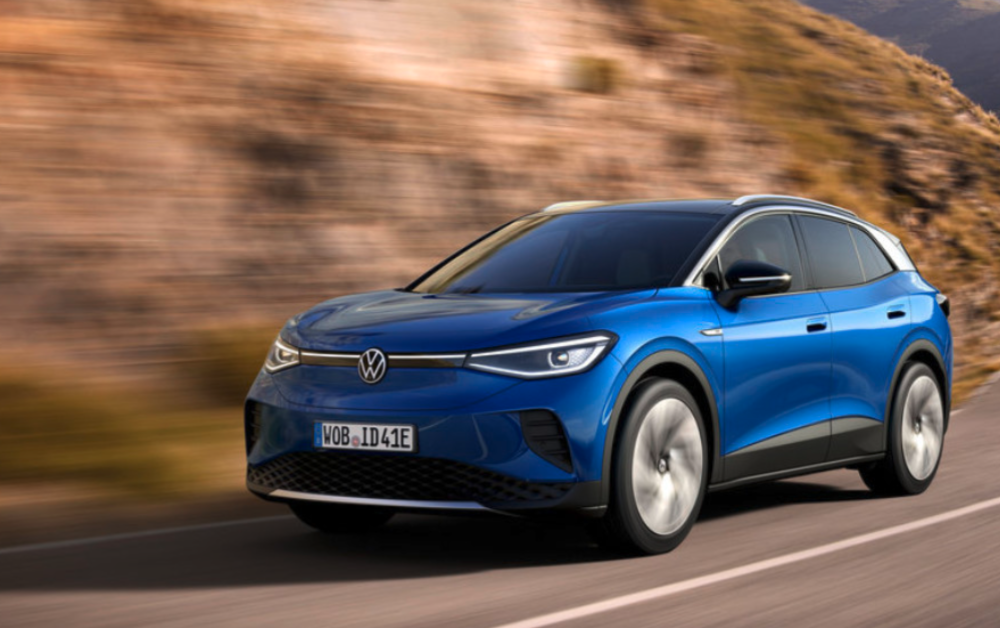
Volkswagen will have to pay EU fine on CO2 targets

The VW Group has not reached its EU target on CO2 emissions for 2020 partly because of the delay in the launch of the ID.3. Severe software problems caused several delays and criticism from early customers /VW can’t afford a second mistake like this when it launches ID.4 in a few months / Volkswagen
In contrast with other manufacturers, the VW Group will have to pay a fine of approximately €140 million for exceeding the average CO2 emi


Comments
Ready to join the conversation?
You must be an active subscriber to leave a comment.
Subscribe Today